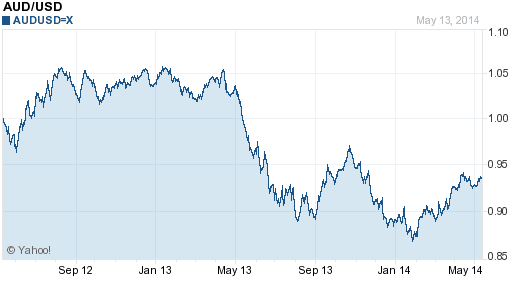An inquiry from a
reader prompts Your Neighbourhood Economist to look into the prospects for
Japan
 There has been another knock at the door of Your
Neighbourhood Economist, with a reader what I thought Japan should be doing in the short and medium term? The question arrived just days before another
big policy development in Japan with the central bank ramping up its monetary
policy. This is the latest attempt by
policy makers in Japan to resurrect an economy that has been languishing for
decades. To get an idea of what Japan
should be doing, we need to start with what went wrong and why Japan has not
made much progress.
There has been another knock at the door of Your
Neighbourhood Economist, with a reader what I thought Japan should be doing in the short and medium term? The question arrived just days before another
big policy development in Japan with the central bank ramping up its monetary
policy. This is the latest attempt by
policy makers in Japan to resurrect an economy that has been languishing for
decades. To get an idea of what Japan
should be doing, we need to start with what went wrong and why Japan has not
made much progress.
What is not going right?
Japan got itself into trouble in the 1980s with the
spectacular collapse of a financial bubble from which it has never
recovered. Property prices have fallen almost
every year for two decades while prices for consumer goods have been inching lower for almost
as long. Japan has repeatedly tried to
use fiscal stimulus but higher government spending has been unable to mask deeper problems with the economy. Along with numerous
roads and bridges which are hardly used, the main result of these rescue
attempts has been a ballooning amount of government debt which only adds to
Japan’s woes.
Monetary policy has been adopted recently as the potential
saviour in the fight against what has been deemed as the main problem –
deflation. Falling prices were seen as
prompting consumers to hold off spending and preventing companies from
investing. With this in mind, the
central bank in Japan announced plans to double the money supply in early 2013. But the policy of pumping more money into the
economy was based on the false logic that deflation was a problem rather than
just the symptom of a weak economy. Instead, it is likely
the case that deflation persists because prices rises had gotten out of hand in
the past and need to fall back to appropriate levels.
Fix-up job not
working
The result of this monetary policy has been as Your
Neighbourhood Economist might have expected with just a brief and temporary
boost to inflation. Prices for consumer
goods cannot rise consistently if consumers themselves do not get a similar
rise in pay. Higher wages in Japan seem
unlikely as a declining population hurts aggregate demand and Japanese firms
invest more overseas than domestically.
Yet, rather than change tact, Japan’s central bank has opted for more of
the same.
This involves the Bank of Japan aiming for an even larger
boost to the money supply in Japan with annual purchases of 80 trillion yen (US$720
billion or £450 billion) in government bonds. The timing of the new policy comes as the Japanese economy is faltering under the added weight of a tax hike designed to fix the government’s
finances. Japan has gotten itself deeper
and deeper into trouble and seems likely to be an example of what not to do in
terms of fiscal and monetary policy.
Where to from here
The best option left to the Japanese government is to reform
the economy so as to increase competition and improve efficiency. There is substantial domestic opposition to
reforms even within the current government headed by Prime Minister Shinzo Abe
who included reforms as one of his key policies. An easy way to sidestep domestic politics
would be to jump on-board to plans for the Trans-Pacific Partnership
(TPP). This is a free trade agreement
with the United States, Australia, Mexico, Chile, and other countries around
the Pacific Rim.
Left to themselves, Japan will probably continue to
stagnated due to the stifling effects of its consensus style of politics which
make it tough to come up with reforms that keep everyone happy. As such, Japan has a history of positive change
only coming when imposed from the outside and this free trade agreement looks
likely to follow this trend. Greater
competition from foreigners will help lower costs of business and create
impetus for freeing up businesses in Japan from a host of restricting
rules. Facing up to the outside world
looks like the best way to inject life back into a Japanese economy that has
been slowly decaying for years.


